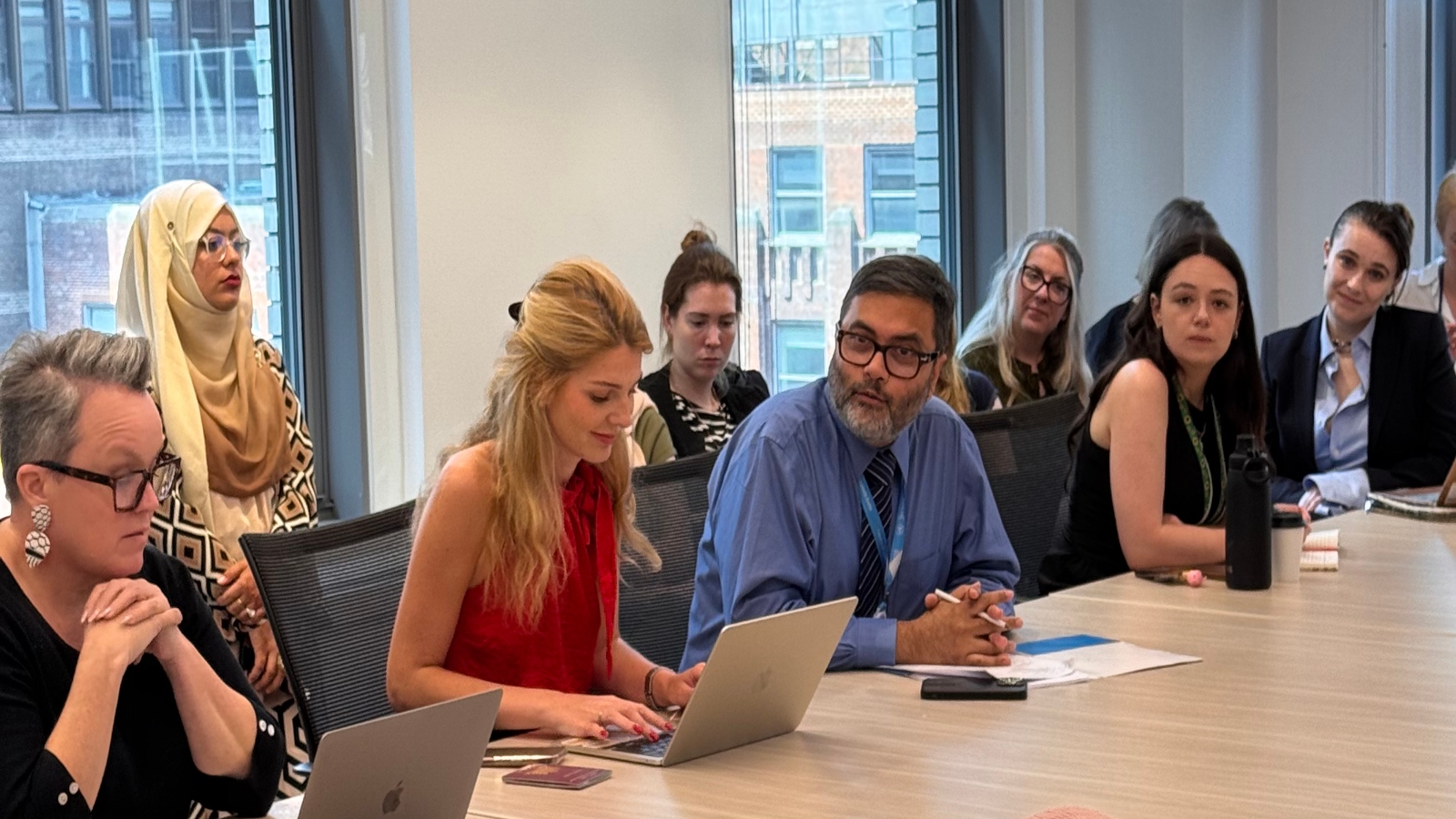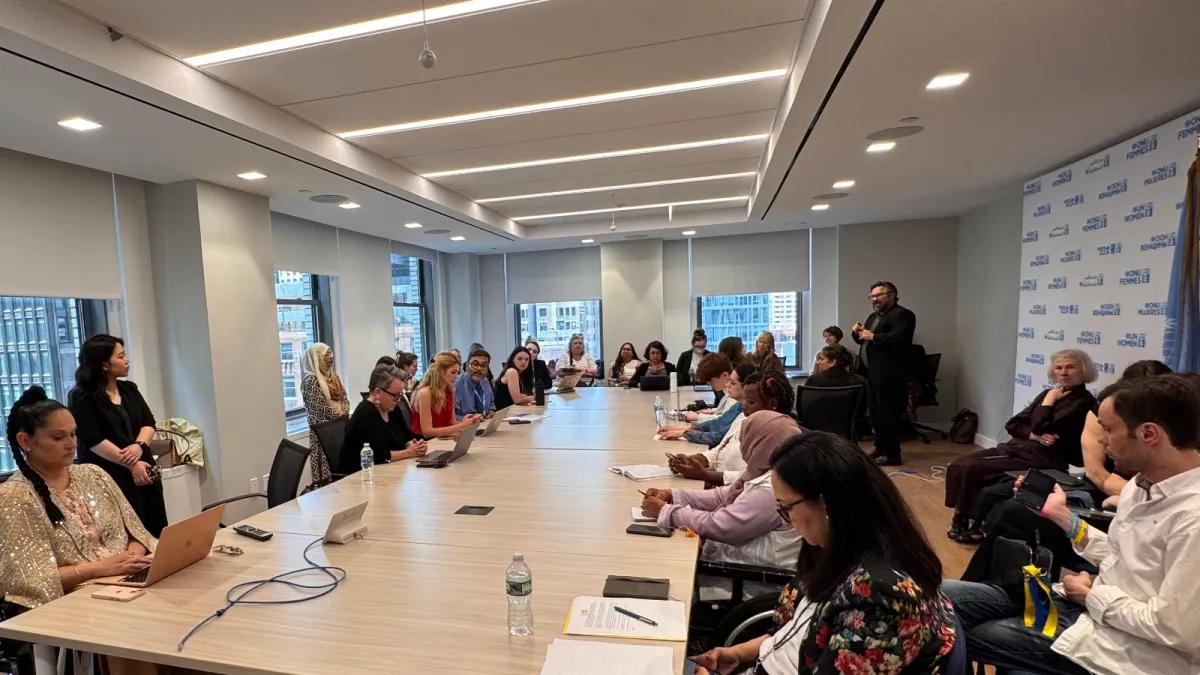
This side event was held on Thursday, 12 June 2025 at UN Women during the COSP18, co-sponsored by GFLWD, Sightsavers, UN Women, UNFPA, OHCHR, UNITAR, UNDESA, IDA, the University of Tokyo, and the National Commission on the Status of Women (NCSW) and the Special Talent Exchange Program (STEP) of Pakistan, as well as the Permanent Missions of Finland, Ireland, and Pakistan.
Marking the fifth anniversary of the Global Forum on the Leadership of Women with Disabilities, Beijing+30 and the recent Global Disability Summit, this event underscored the leadership and meaningful engagement of women and girls with disabilities and reflected on the persistent gaps. The event addressed the need for inclusive leadership, particularly in response to global instability and rising inequality. The objectives of this event spotlight grassroots leadership and lived experiences of women with disabilities; identify actionable steps to mainstream intersectionality in global development and humanitarian policies; launch a Call to Action from the GFLWD Steering Committee to advance systemic inclusion; and strengthen intersectoral collaboration and elevate the role of OPDs in shaping inclusive governance and resourcing frameworks.
Speakers across sectors and regions reflected shared concerns about persistent exclusion, underfunding, and policy silos. Challenges raised include:
- Persistent underrepresentation of women with disabilities in global, regional, and national leadership platforms, especially global south and conflict-affected context.
- Funding gaps, with than 1% of humanitarian and development funding reaches disability-led organizations, and even less to those led by women.
- Silos in global frameworks and donor mechanisms, which often neglect intersecting identities such as gender, disability, race, and LGBTQ+ status.
- Lack of disaggregated data to support targeted policy interventions.
- Barriers to access and participate – physical, digital, financial, and cultural – that limit women with disabilities’ participation in decision-making.
Key actions and outcomes from the session:
- The UN Global Disability Fund shared updates on a new funding strategy prioritizing gender-responsive, disability-inclusive programming with direct engagement of women-led OPDs.
- Calling for disaggregated data, lived grassroot experience in policy design, and the dismantling of gatekeeping in feminist and disability rights spaces alike.
- A shared push emerged for intersectional budgeting and integrated gender-disability indicators in SDG and Beijing+30 reporting.
- Institutionalize leadership pathways by creating formal mechanisms for women with disabilities to participate in peacebuilding, humanitarian action, climate policy, and governance processes at all levels.
- Lay the groundwork for a forthcoming Call to Action by the Global Forum.
- Reframe accessibility and inclusion by addressing the full cost of participation, including care and support needs, accessible transportation, and communication, across all decision-making forums.

 Welcome to the United Nations
Welcome to the United Nations